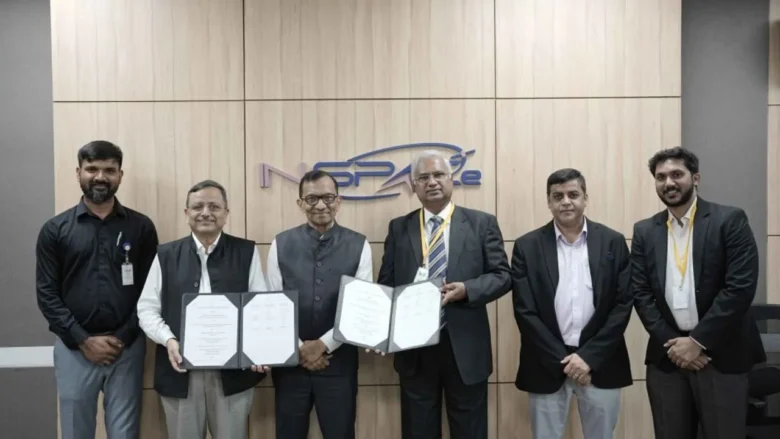The Indian Space Research Organisation (ISRO) has transferred 10 groundbreaking space technologies to six Indian companies, boosting the nation’s push for a self-sufficient space industry. Signed on July 3, 2025, in Ahmedabad, these agreements empower private firms to harness ISRO’s expertise, fueling innovation and cutting reliance on foreign tech.
Coordinated by the Indian National Space Promotion and Authorisation Centre (IN-SPACe) and NewSpace India Limited (NSIL), the transfers cover a wide range of tools, from navigation systems to agricultural forecasting models. “This is a game-changer: Indian companies now have the keys to ISRO’s advanced tech, setting the stage for a thriving, homegrown space sector,” said Pawan Goenka, IN-SPACe chairman.
In Hyderabad, Zetatek Technologies takes on two navigation marvels from ISRO’s Inertial Systems Unit: a laser gyroscope and a ceramic servo accelerometer. These precision instruments, which were previously imported, will now be manufactured in India for use in satellite launches, marking a significant milestone.
Meanwhile, Hyderabad’s Avantel and Jisnu Communications gain three ground station systems—S/X/Ka tri-band dual circular polarized monopulse feed, tri-axis antenna control servo system, and Ku/C/L and S Band Cassegrain feed—to bolster communication networks for space and defense.
Over in Ahmedabad, Amnex Info Technologies secures two ISRO-developed geospatial tools from the Space Applications Centre to predict crop yields and monitor pests, offering farmers smarter ways to plan. Jalkruti Water Solutions picks up a portable bathymetry system from the National Remote Sensing Centre, enabling drone-based water body surveys.
Ramdev Chemicals, also in Ahmedabad, inherits a ceramic-based flame-resistant coating from the Vikram Sarabhai Space Centre, originally designed for launch vehicles but now ready for wider industrial use.
This move builds on India’s recent space reforms, including the ₹511-crore transfer of Small Satellite Launch Vehicle (SSLV) technology to Hindustan Aeronautics Limited (HAL). “ISRO’s treasure trove of research is now fueling India’s private sector, creating a robust space ecosystem,” Goenka noted. The initiative aims to spark innovation, reduce import dependency, and position India as a global space tech leader.
With these technologies in private hands, India’s space industry is set to soar. Over 250 startups have sprung up since 2014, and ISRO’s programs are delivering ₹2.54 for every rupee invested. As India eyes bold goals like Bharatiya Antariksh Station by 2030, these partnerships mark a new chapter of innovation and independence.

